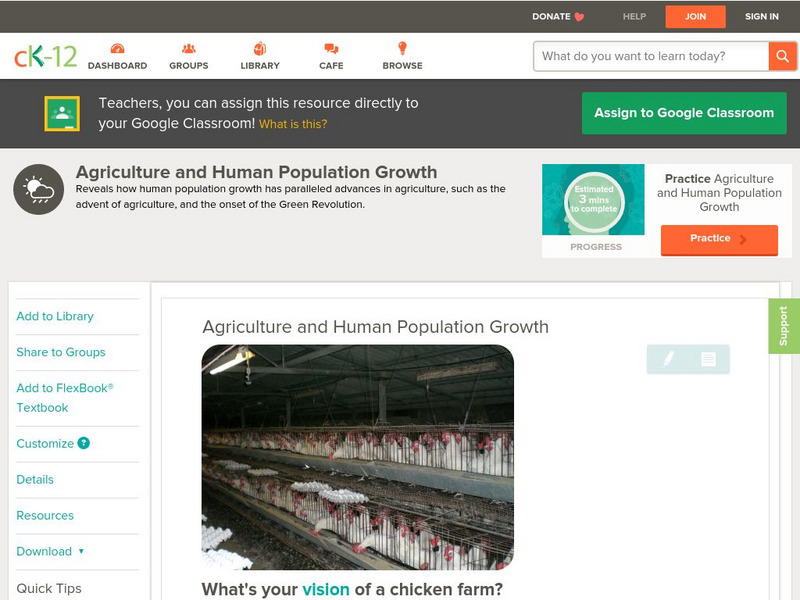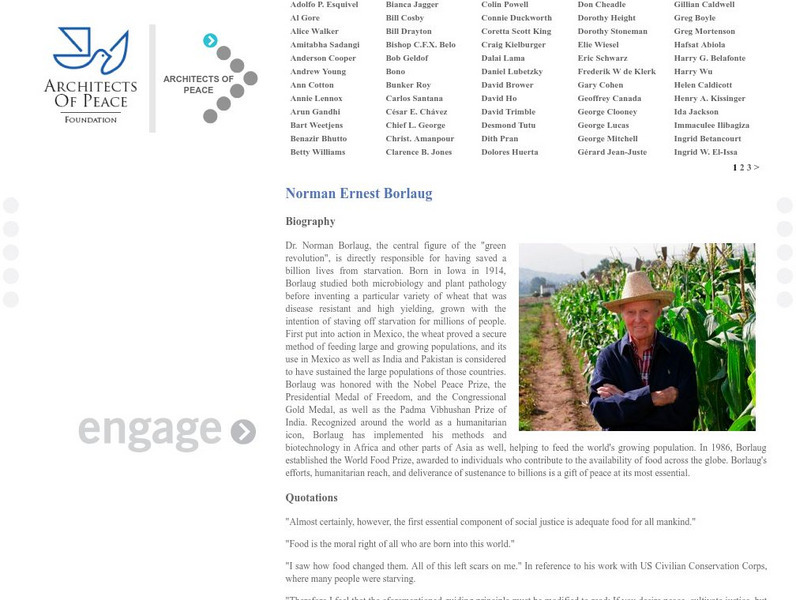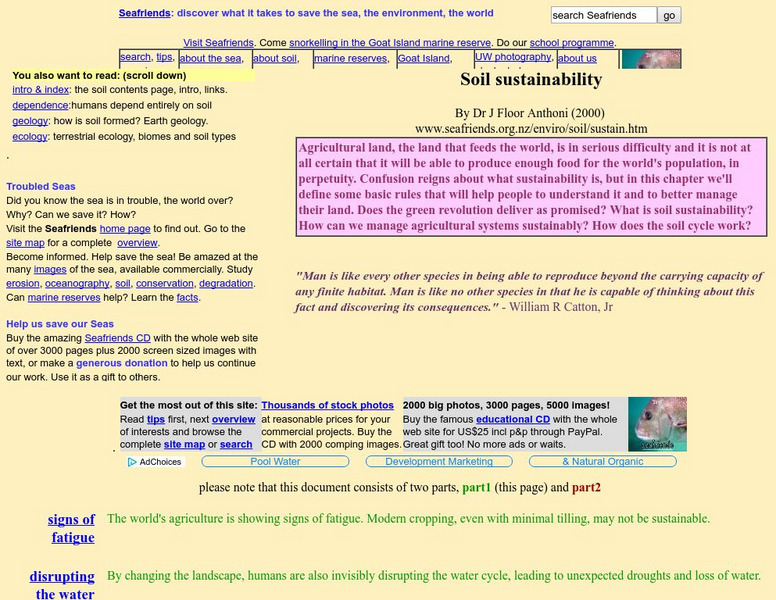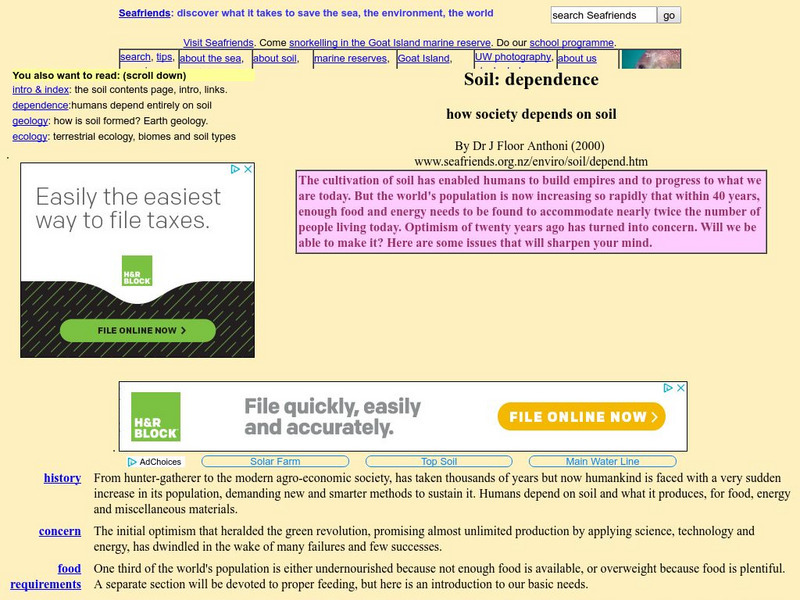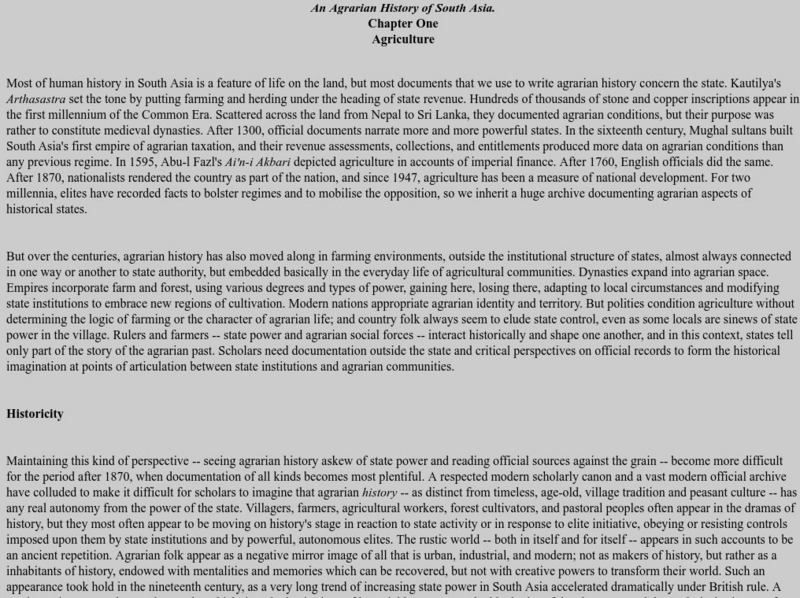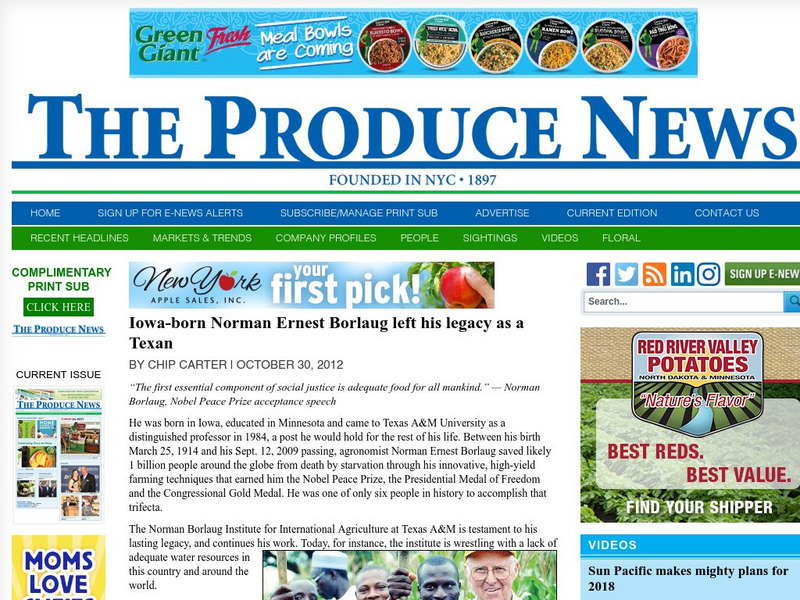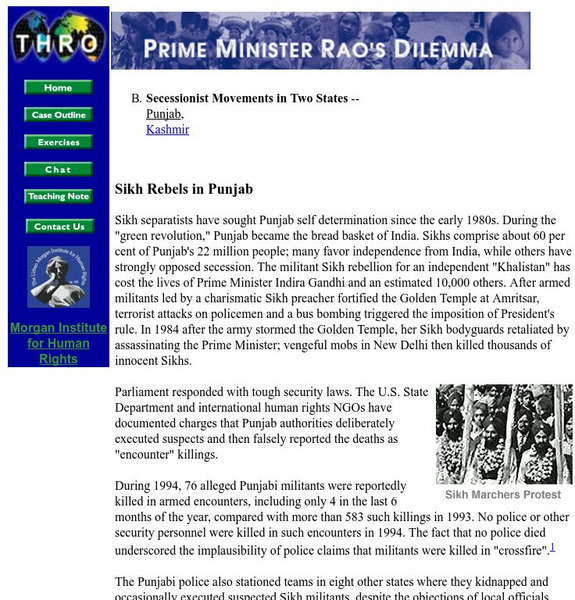Hi, what do you want to do?
Student Handouts
Writing Exercises: Science and Technology II
All revolutions in science and technology have both pros and cons. Kids examine the advent of the Green Revolution, nuclear growth and use, and the countries considered nuclear powers. They'll construct three responses to each of these...
National Wildlife Federation
Green Green Revolution
School budgets don't have a lot of extra money, so when learners propose saving the district money, everyone jumps on board. The first lesson in the series of 21 introduces the concept of an energy audit. Scholars form an eco-action team...
National Wildlife Federation
It's a Green Revolution: An Introduction to Eco-Schools USA
Eco-schools is a project of the National Wildlife Federation and empowers schools to manage their schools with a green focus. Scholars work to define environment and sustainability and springboard this into learning the eight...
Global Oneness Project
Ancient and Modern Worlds
The old aphorism, "The road to Hell is paved with good intentions," might well serve as the title for a resource that asks viewers to consider the plight of the people of the Gamo Highlands, an area in southwestern Ethiopia. These...
New York State Education Department
Global History and Geography Examination: January 2010
Agriculture was more revolutionary than some might think. Using a primary source set—including photos of artifacts from Mesopotamia and an amusing comic—learners consider the impacts of the neolithic, agricultural, and green revolutions....
College Board
2001 AP® Human Geography Free-Response Questions
The green revolution has changed agricultural practices, but its success may be limited. Learners consider why as they use authentic College Board materials. Other prompts explore the rise of suburbs and the stages of economic development.
Curated OER
Big Dam Construction in India
This complete and full resource includes everything needed to conduct a lesson plan on the environmental impact of large dams in India. Background information, handouts, answer keys, and web links are all there to help you educate your...
Curated OER
Sustainable Agriculture: Soils And Food Production
Ninth graders recognize differences in soil quality from one area to another. They describe the importance of organic matter in soil health and suggest ideas that help provide adequate food supplies for the world. The interview a person...
Curated OER
The Indian Subcontinent Since 1947: The Legacy of Independence
An exploration of Indian and Pakistani cultures and conflicts throughout the 20th - 21st centuries, this presentation features relevant political cartoons and poignant photos to illustrate the breadth of politics in India and Pakistan....
Curated OER
From Farm to Table
It's important for students to understand where our food comes from and the environmental implications of agriculture.
Curated OER
Food in History
Students research, predict and offer solutions regarding factors that affect current or future food crops could result in economic, political or social changes.
Georgia Department of Education
Ga Virtual Learning: Ap Human Geography: Agricultural Geography
AP Human Geography course unit on Agricultural Geography discusses industrial farming, global agriculture and the green revolution.
CK-12 Foundation
Ck 12: Earth Science: Agriculture and Human Population Growth
[Free Registration/Login may be required to access all resource tools.] Reveals how human population growth has paralleled advances in agriculture, such as the advent of agriculture, and the onset of the Green Revolution.
Other
Architects of Peace: Norman Ernest Borlaug
Brief biography, and quotations from the "father of the green revolution," Norman Borlaug.
American Academy of Achievement
Academy of Achievement: Norman E. Borlaug, ph.d.
A well-written biography of Norman E. Borlaug, a native of Iowa and an agricultural scientist. He worked throughout his life in the fight to end world hunger, winning the Nobel Peace Prize for this work. Includes a profile, interview and...
Nobel Media AB
The Nobel Prize: Norman Borlaug Biographical
Norman Borlaug won the Nobel Peace Prize in 1970. Here, learn about his life and the reasons he was chosen for the prize, as well as reading his acceptance speech and Nobel lecture.
Other
Seafriends: Soil Sustainability
Agricultural land, the land that feeds the world, is in serious difficulty and it is not at all certain that it will be able to produce enough food for the world's population, in perpetuity. Confusion reigns about what sustainability is,...
Royal Botanic Gardens
Plant Cultures: Rice
Plant profile of rice. Covers history, spiritual, production and trade, traditional medicine, western medicine, food, crafts, cosmetics and other uses.
Other
Seafriends: Soil Dependence
This website looks at our dependence on soil and what it produces. It includes text, graphs, charts, illustrations and important statistics. Hosted by the Seafriends Marine Conservation and Education Center.
University of Pennsylvania
University of Pennsylvania: An Agrarian History of South Asia
A lengthy essay that fully describes agrarian history in South Asia, along with political connections.
Other
Produce News: Iowa Born Norman Ernest Borlaug Left His Legacy
An article describing Borlaug's work to provide ways for people all over the world to grow adequate food, and the inspiration his work has had on others who are searching for ways to provide food and water to a growing world population.
Other
University of Cincinnati: Sikh Rebels in Punjab
This is a source of information specifically about the Sikh Separatist movement in Punjab.
Curated OER
Architects of Peace: Norman Ernest Borlaug
Brief biography, and quotatios from the "father of the green revolution," Norman Borlaug.

















